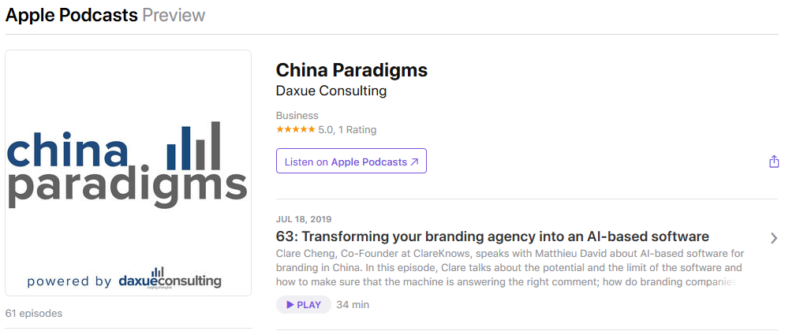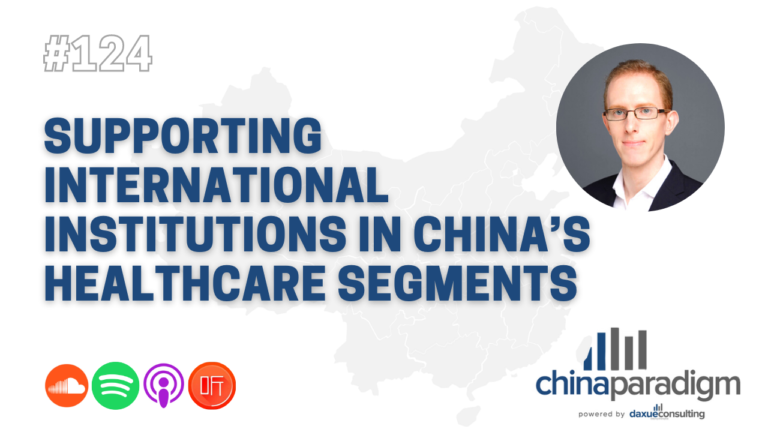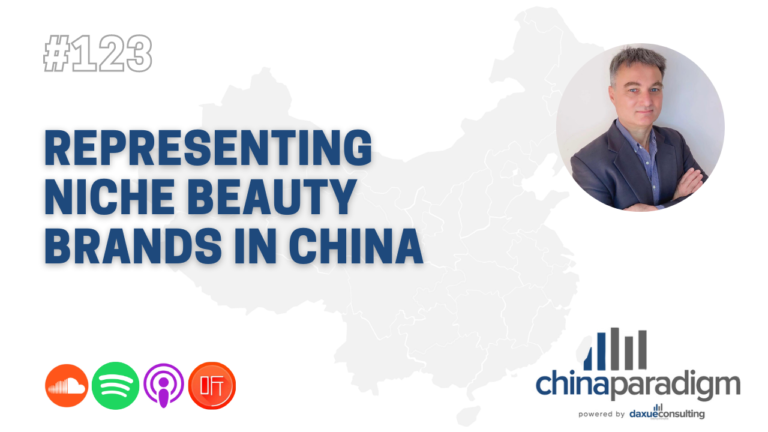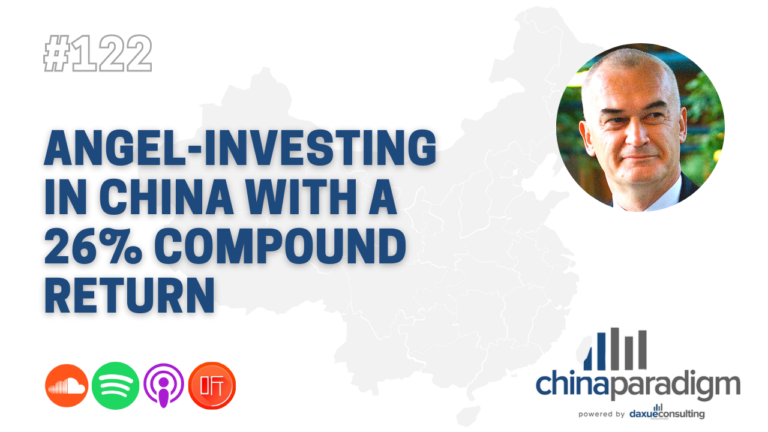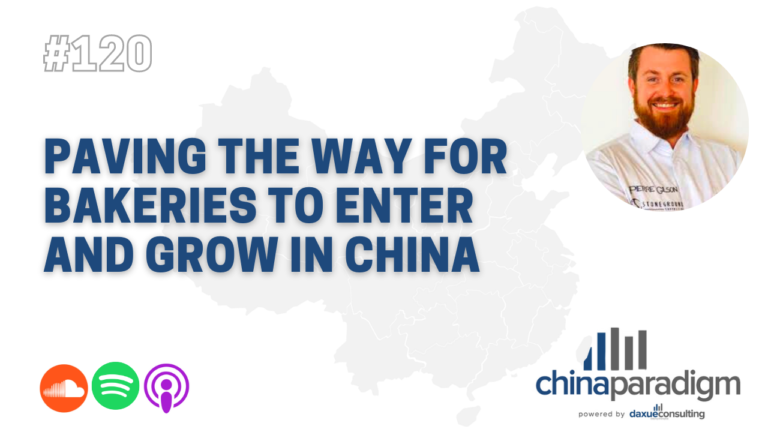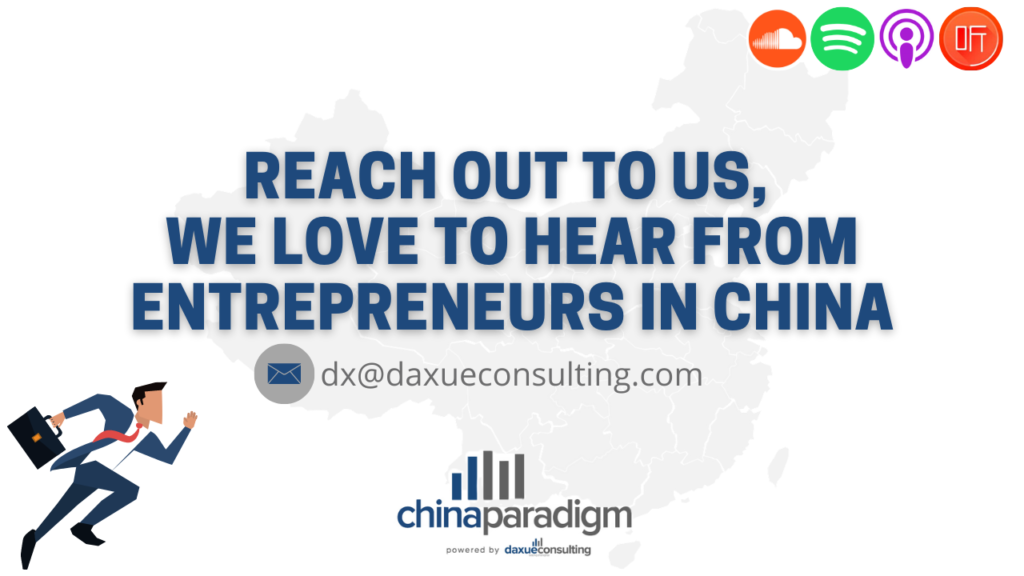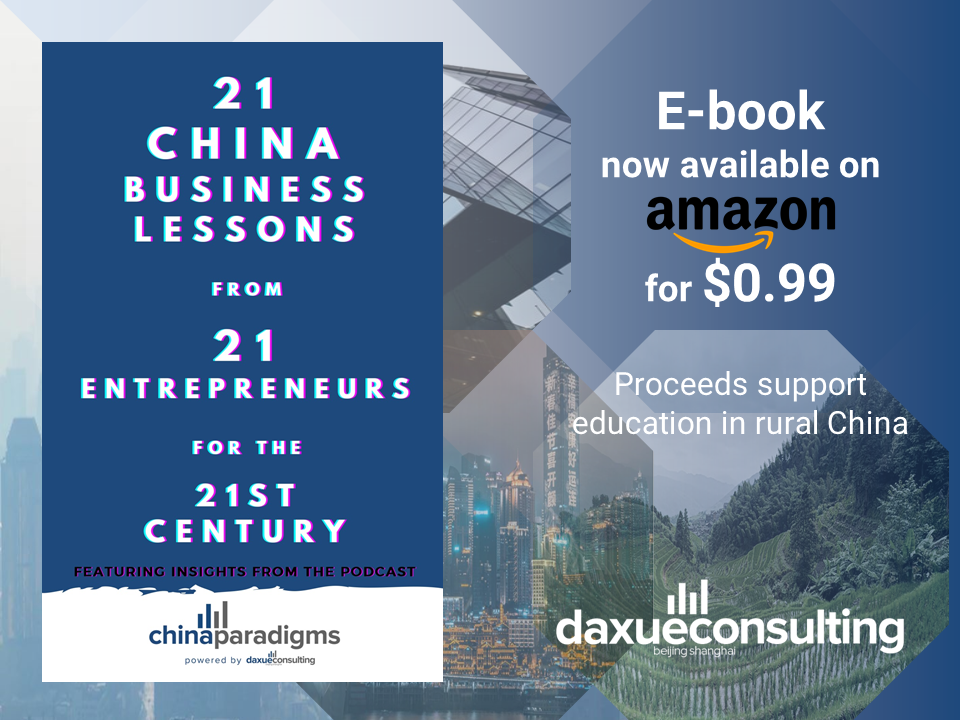China Paradigms interviewed Stephane Muller-Margot, senior advisor of multiple Chinese projects, an expert with extensive experience in Chinese senior economy: Chinese medical science consulting and prevention of Alzheimer’s disease in China.
Stephane Muller-Margot, leverage senior projects in China with advanced technology
Stephane Muller-Margot is an expert in strategic development and project management, especially in the health-care and technology industry in China. Stephane has manifested his interest in China since 19 when he was working at the stock market. During his occupation at the Swiss bank, Stephane kept seeking opportunities to go to China. When he finally arrived in China, in 1989, it was difficult for a French guy to get a job in the local market at that time.
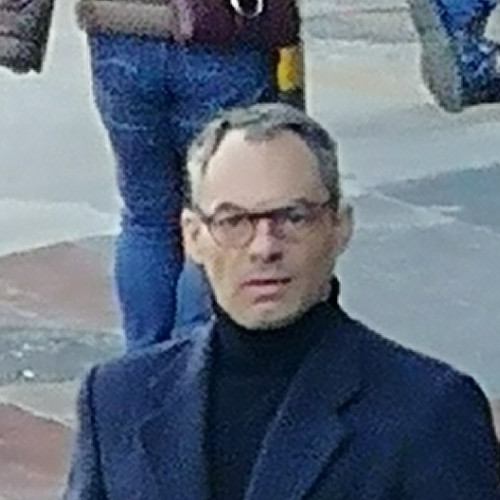
After faced with all the difficulties, Stephane was able to work for Chinese state-owned companies, it is also a key period for him to comprehend China:
“ I was not very high paid, but I see all the ways that China works…my boss gave me a lot of opportunities to discover how Chinese people work.”
With a better understanding of China, Stephane soon discovered the deficiencies of Chinese hospitals and services, which definitely generated Stephane’s interest in Chinese medical science consulting. It gives us a clue about his later contribution to Chinese healthcare projects, like the prevention of Alzheimer’s disease in China.
AgenT, detection and prevention of early Alzheimer’s disease in China
Stephane has been involved with AgenT in Alzheimer’s research, a medical company composed of both medical professionals and business partners. AgenT has its main focus on Alzheimer’s detection, it has faith in achieving the prevention of Alzheimer’s disease in China. Through the Alzheimer’s project, AgenT has found several silent phases at different age levels before Alzheimer’s disease shows its effect; for each phase, they have built up a system of biomarkers accordingly.
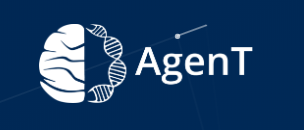
[Source: the logo from AgenT official website, “your trusted partner in prevention of Alzheimer’s disease in China”]
“This company has a different approach. During many years the doctors were taking blood from the brain…They decided to test on people who were 50, 55 and 60 years old and finally they found out that all of them have a different phase.”
With their unremitting efforts, they have the chance to target and tackle Alzheimer’s disease during the silent phase. They are using the most leading technology in the prevention of Alzheimer’s disease in China.
Prevention of Alzheimer disease in China, the most difficult part of changing Chinese perception
The number of patients with Alzheimer’s symptoms is giant in China, according to Stephane, 20 million people are suffering Alzheimer’s. It is necessary to change this situation and stop the number from growing. As a senior advisor of multiple Chinese projects, Stephane clarifies that the situation is becoming severer for two main reasons: old retired people in China are supposed to be taken care of by their children; Chinese are shameful when their family member has Alzheimer’s.
“Now we have 200 million people in China who are retired and need to be taken care of and there are 20 million people who have Alzheimer’s and so you have a lot of issues how to take care of these people from going to Alzheimer’s, from going to hospitals.”
Most Chinese will be sent to the hospitals after they get Alzheimer’s diagnosis. Hospitals in China are mostly public-owned, therefore, it is difficult to bring up a new health-care solution and service. For example, the prevention of Alzheimer’s disease in China is actually a totally fresh concept for most Chinese. Stephane is currently involved in several senior economy projects, for instance, AgenT holds the ambition of detecting Alzheimer’s in a more controllable phase. In order to change the serious circumstance in China, AgenT aims at detecting Alzheimer’s in an earlier stage before it becomes incurable.
Chinese medical science consulting, help people living remotely with convenient telemedicine
Stephane has spent years living in Sheshan, Shanghai, noticing the giant gap of a medical system between tier-1 cities and remote mountains in China. Stephane has come up with the idea of developing telemedicine in China:
“In France, not so long time ago the telemedicine can be taken. So it was very interesting because you can do telepathology and you can do an X-ray from 500 kilometers away so people don’t have to go to move on and now they are connected to 235 hospitals.”
Stephane has a warm heart, he knows it will be very painful for people living in remote villages to travel hundreds of kilometers to approach a doctor. We could say that all of Stephane’s Chinese medical science consulting comes from his consideration of Chinese from remote places. Now Stephane has 25,000 hospitals in China and helps patients connected to 235 hospitals through telemedicine.
On the one hand, Stephane assumed that it would be difficult to develop new medical technology in China, as there are already existing medical systems. On the other hand, Stephane did not regard negotiating on Chinese projects as that problematic. On the contrary, having been dealt with both Chinese and westerners, he found negotiating with Chinese is even more interesting:
“In France or in Canada we have laws that we cannot do this. It must be A or B, but Chinese people; we try to find away. Maybe it can be A+ or B-, but find a way and this is very important. That’s why it’s very interesting to have a negotiation with them.”
Chinese are more concerned about “find a way” rather than rigid rules, it could also explain Stephane’s success in Chinese medical science consulting because he is aiming at “finding a way” with Chinese patients to tackle the real problems and bring them indeed convenience.
Listen to China Paradigm in iTunes
